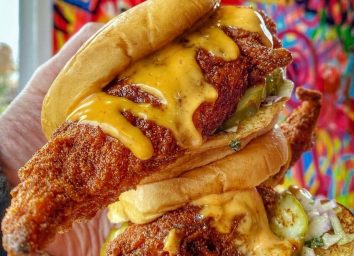7 Restaurant Chains Now Facing Major Price Hikes Due to Tariffs
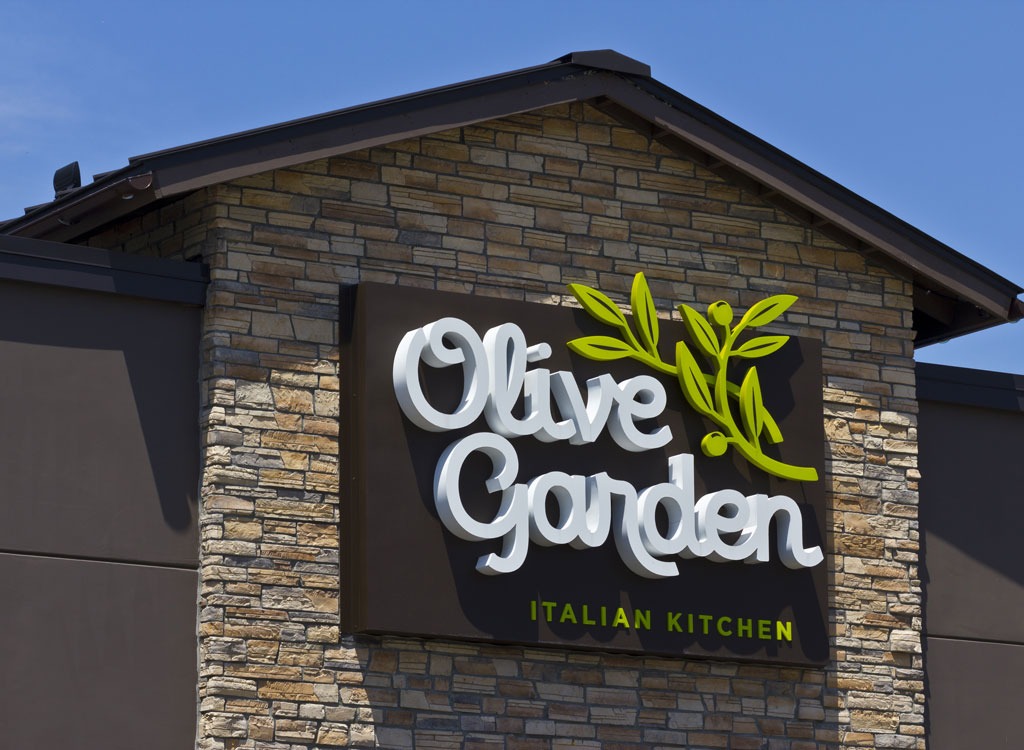
President Trump's sweeping "Liberation Day" tariffs have officially taken effect, with duties ranging from 10% to 46% on imports from more than 150 countries. While grocery stores aren't the only businesses absorbing these new costs, many restaurant chains are especially vulnerable. From soy sauce to seafood, imported ingredients are core to their menus. And as costs rise for these essentials, menu prices may be next—especially for chains with tight margins and heavy reliance on international suppliers. Here are seven major restaurant chains now facing higher costs due to tariffs on global food staples.
P.F. Chang's
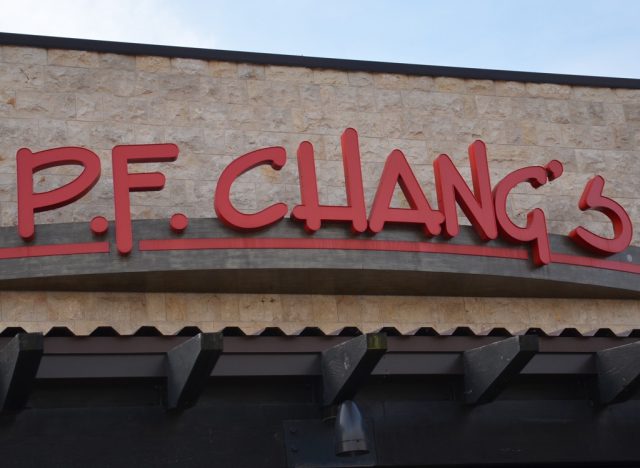
This Asian bistro chain relies heavily on imported sauces, spices, and noodles from China, Thailand, and Japan—all now facing tariffs as high as 46%. Even basics like soy sauce and rice vinegar are getting more expensive for suppliers.
Olive Garden
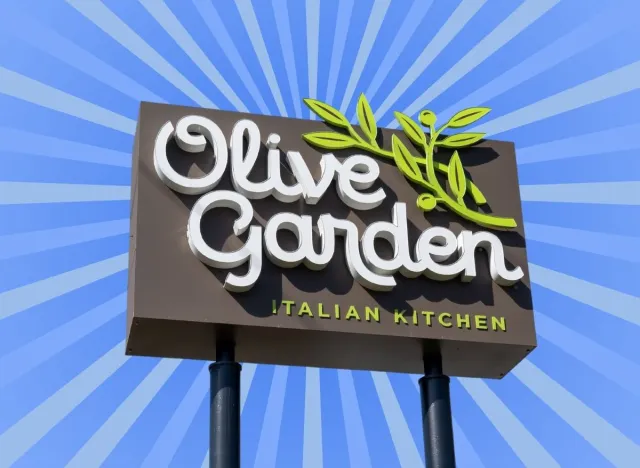
With the EU now under a 20% tariff, Italian olive oil, pasta, and cheese—cornerstones of Olive Garden's menu—are pricier to source. That puts pressure on cost-controlled items like unlimited salad and breadsticks.
Chipotle
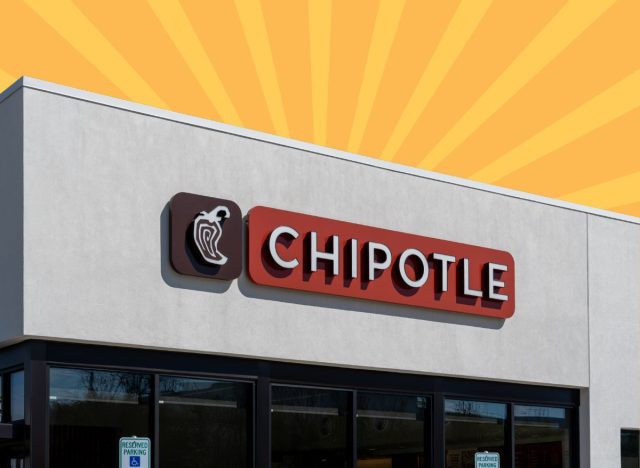
Chipotle's commitment to "real ingredients" includes a global supply chain. Avocados from Mexico, spices from India, and rice from Asia could all be affected. While the company may absorb some cost, burrito prices could tick up.
Red Lobster
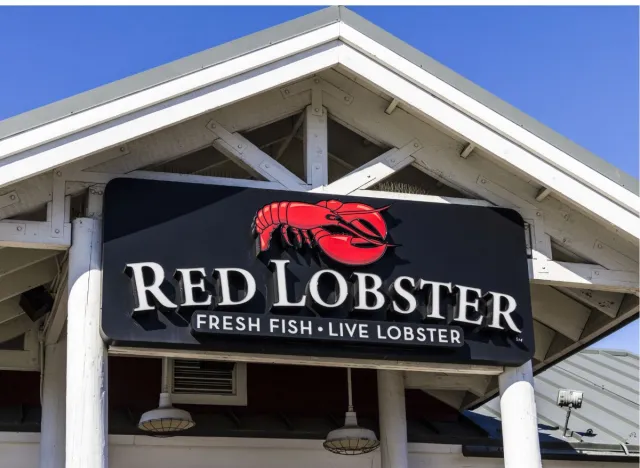
Seafood is one of the most import-heavy categories in the restaurant business. With tariffs now on Thai, Chinese, and Taiwanese seafood, Red Lobster is likely facing rising costs on shrimp, fish, and even crab.
Benihana
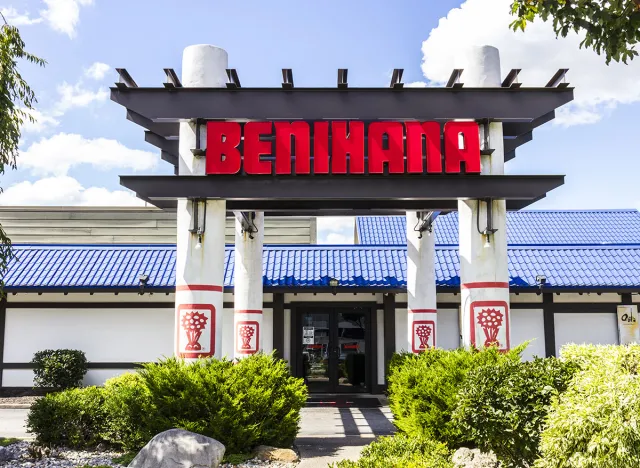
The Japanese steakhouse depends on imports from Japan and Southeast Asia for sauces, seasonings, and rice. With Japan facing a 24% tariff and Thailand 36%, food costs at Benihana are climbing behind the scenes.
Panda Express
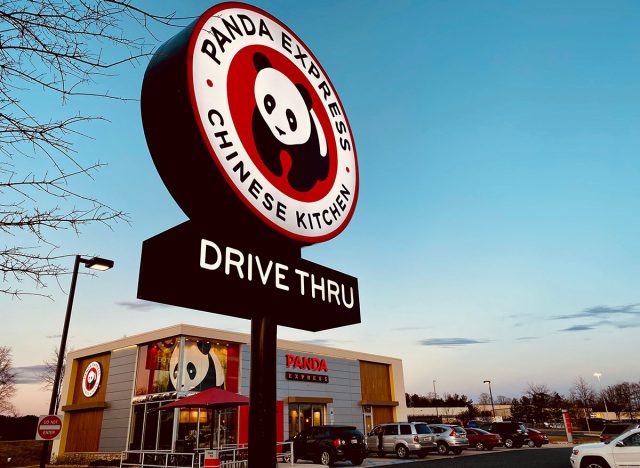
America's most ubiquitous Chinese fast food chain is feeling the heat. While Panda Express sources many ingredients domestically, sauces and specialty items from China and Taiwan are now subject to steep tariffs—driving up sourcing costs.
Nobu
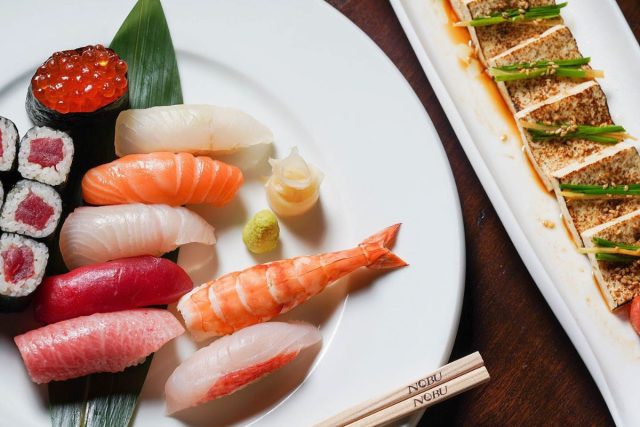
This high-end sushi empire relies on premium imports like Japanese wagyu, miso, and seafood. With Japan now under a 24% tariff and fish-supplying nations like Taiwan also penalized, Nobu may face soaring sourcing costs—passed along to diners via higher menu prices.


